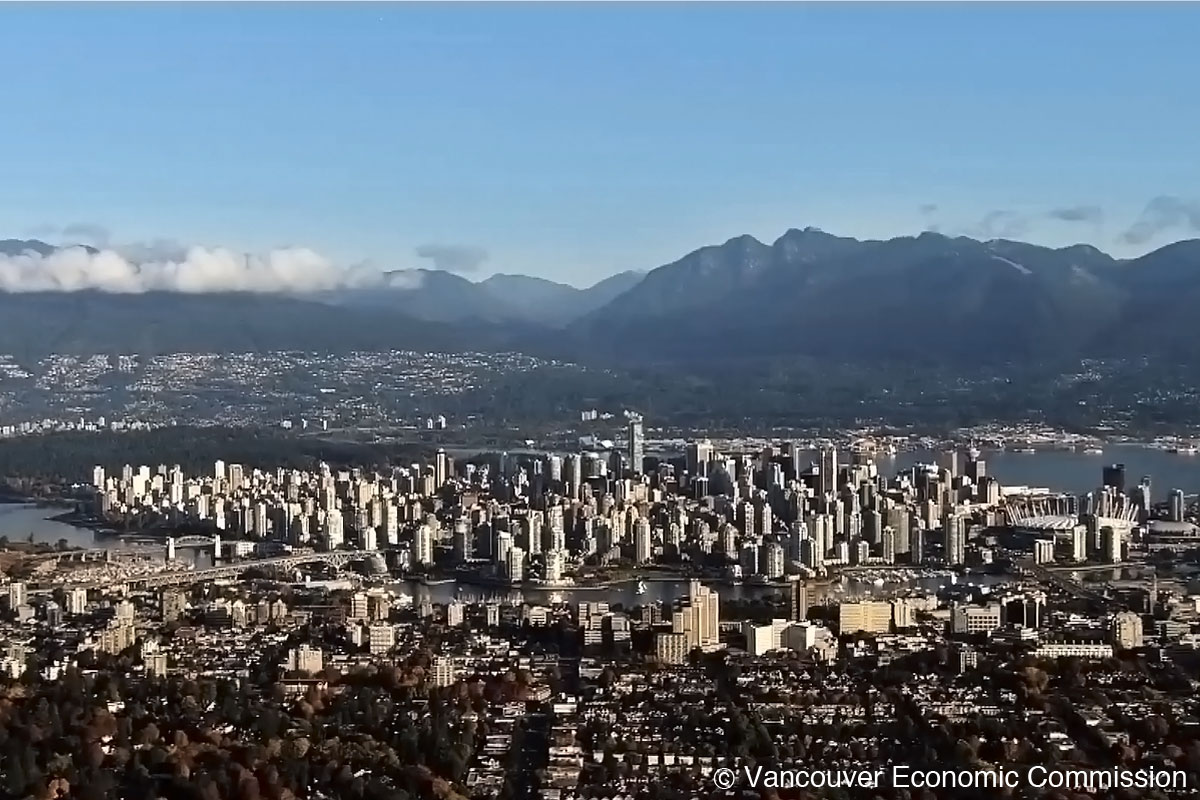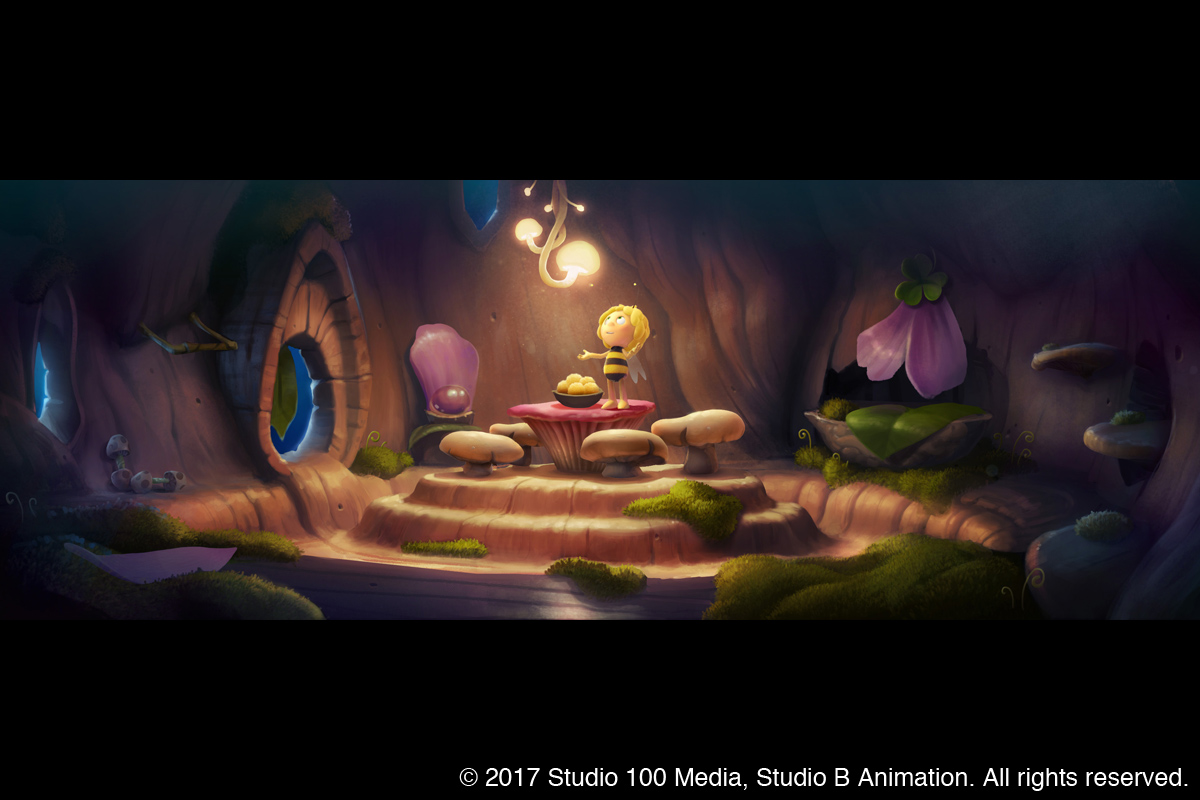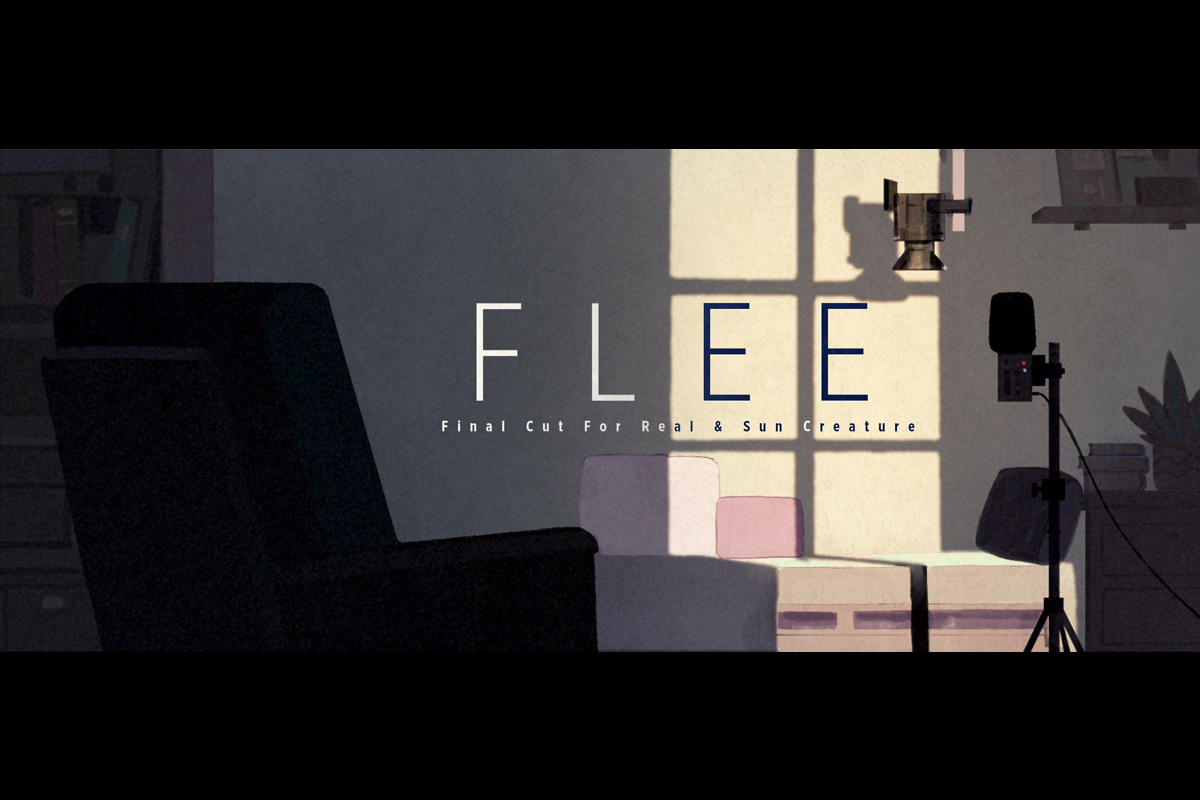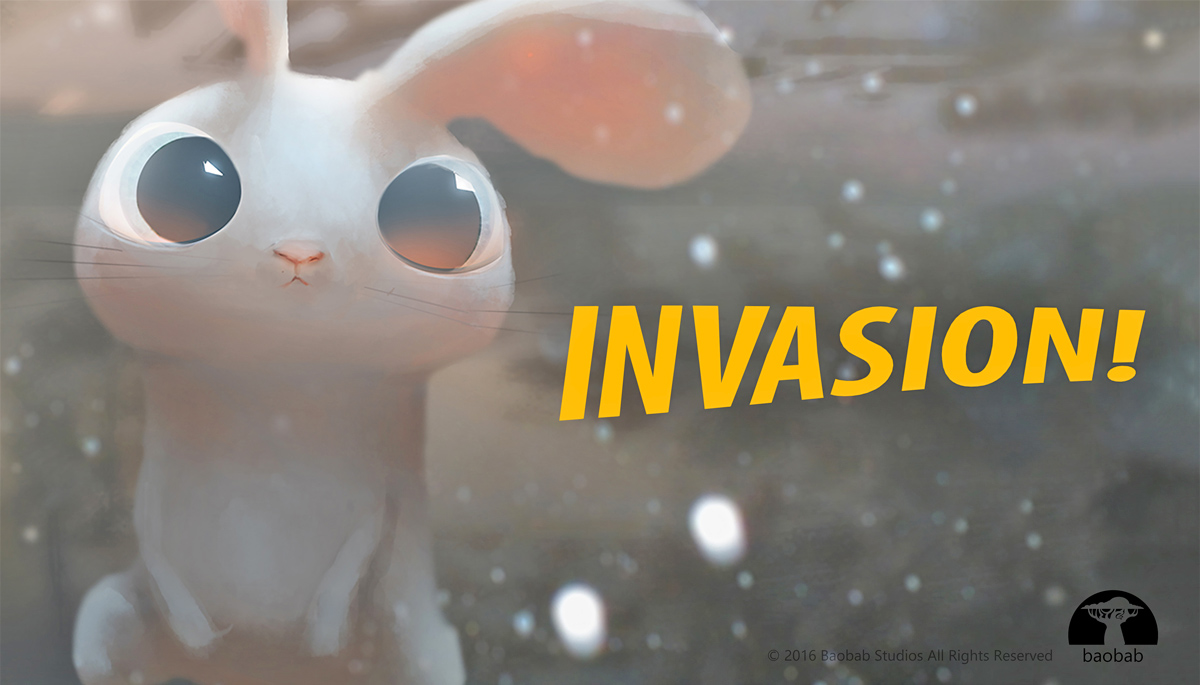Did you know that Vancouver could be your next destination for your animation studio and career? The VFX Vancouver Job Board has more than 800 listings, with more positions created every week. There are animation studios from big to small that cover various animation techniques, including VFX, 3D CGI, 2D, and Virtual Reality. They offer generous tax credits and Visa arrangements. You can also have your work/life balance whilst enjoying the culture and nature with outdoor sports. There is the Vancouver Economic Commission (VEC) which can provide support. That’s not all, there are more hidden gems to be discovered in Vancouver.
[row][column size='2/3']
To find out more, we sat together with Tania Parisella (Director, Marketing & Research) and Nancy Mott (Manager, Digital Entertainment & Interactive) from the VEC who presented themselves at the Annecy International Animated Film Festival 2016. We asked about Vancouver as a destination for animation companies and talents in detail.
[/column]
[column size='1/3']
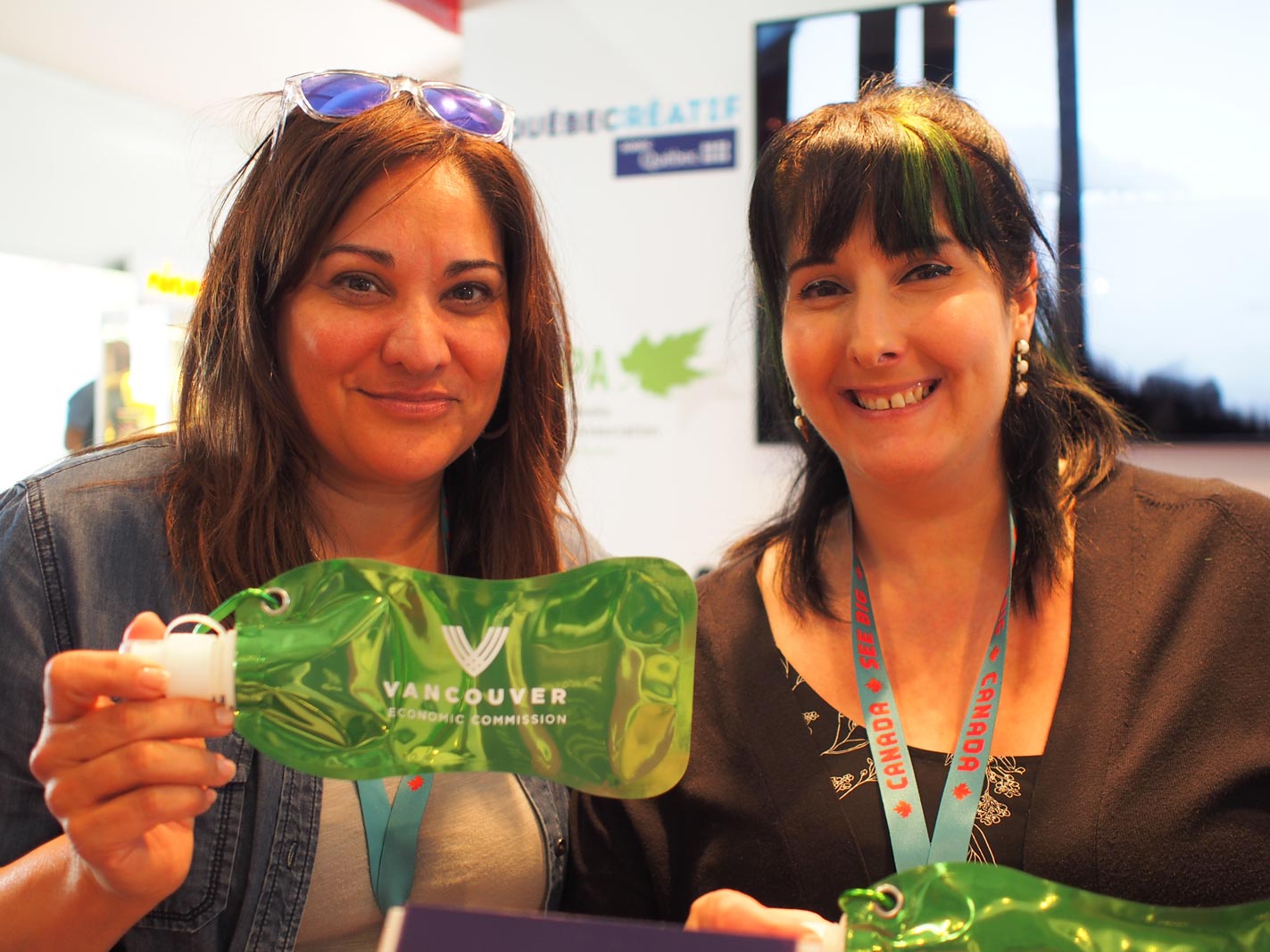
[/column]
[/row]
Interview with Tania Parisella and Nancy Mott
The Vancouver Economic Commission
Animationweek (AW): Could you tell us about the Vancouver Economic Commission?
Tania Parisella (TP): The Vancouver Economic Commission is an agency of the city and we’re responsible for business retention, attraction and growth. Because we’re a small team we have to focus on specific sectors that are high growth and actually need our help so we’re not focusing on the mature sectors, like mining, that kind of thing. Our CEO’s vision is for us to focus on what we call digital entertainment and interactive, of which visual effects, animation, video game, art development, film and TV production falls under that umbrella, and then the other two which are less relevant to Annecy but are a green economy and Technology as well.
Animation is under DE&I, the acronym that we use for Digital, Entertainment and Interactive. We are kind of behind the scenes, creating platforms for our companies to grow and we focus on specific areas such as talent and recruitment.
We make sure that the companies that need our help are connected to potential co-productions or talent, and initiatives. We are also very involved with the schools to try to change the mind-set of both educators and parents that animation is a viable career path.
Nancy Mott (NM): We’re growing at such a rate that we can’t train locals fast enough. This is why when we come to these markets like MIFA, where we also do talent recruiting to let people know that Vancouver is a destination for talent, that you can come for a short time, or if you want to, to live here and build your career in Vancouver and all over the world. Now it’s like London, Vancouver is the spotlight.
There are tons of work. You can stay, come as long as you like, and get more experience. We have some of the biggest projects: Sony Pictures Imageworks headquarters is in Vancouver now and they have over twelve hundred people, just in one building. They just finished The Angry Birds Movie and Hotel Transylvania 2, but then we also have small companies that like to do co-productions with other jurisdictions like the UK, France, and Australia. We have a lot of that going on as well.
[row][column size='1/4']
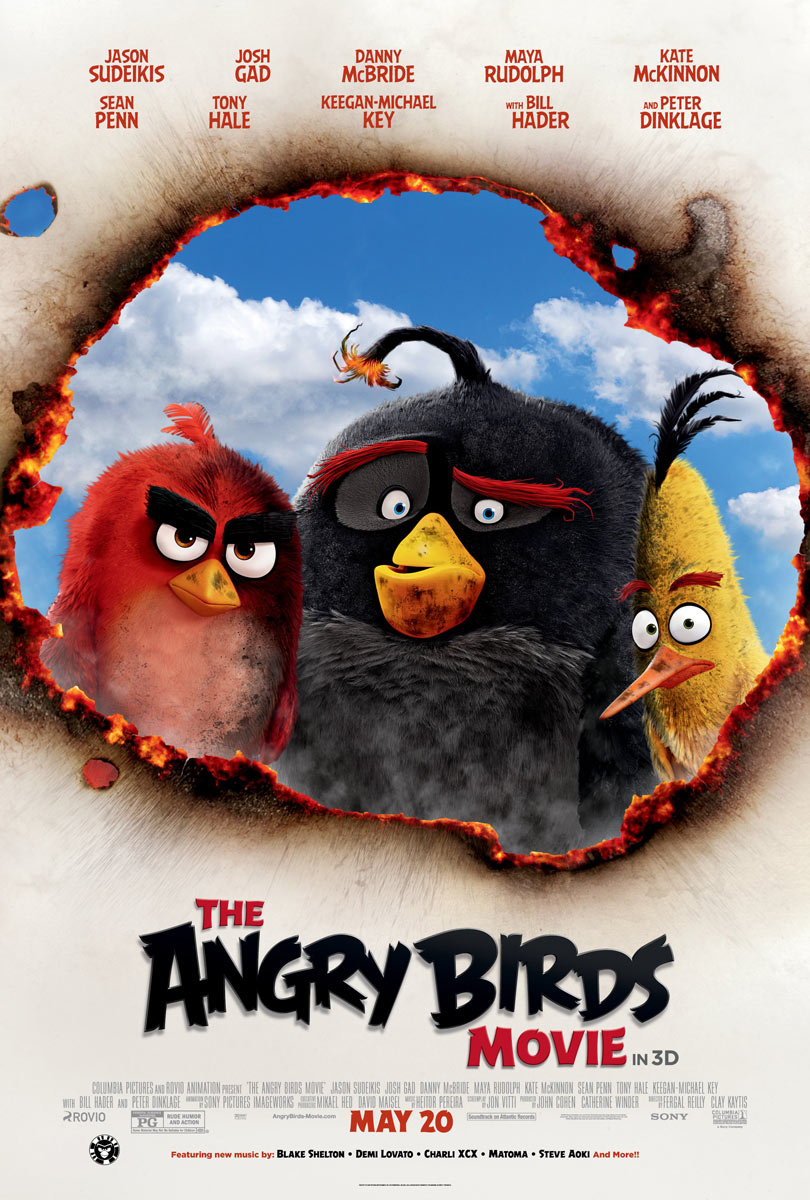 [/column]
[/column]
[column size='1/4']
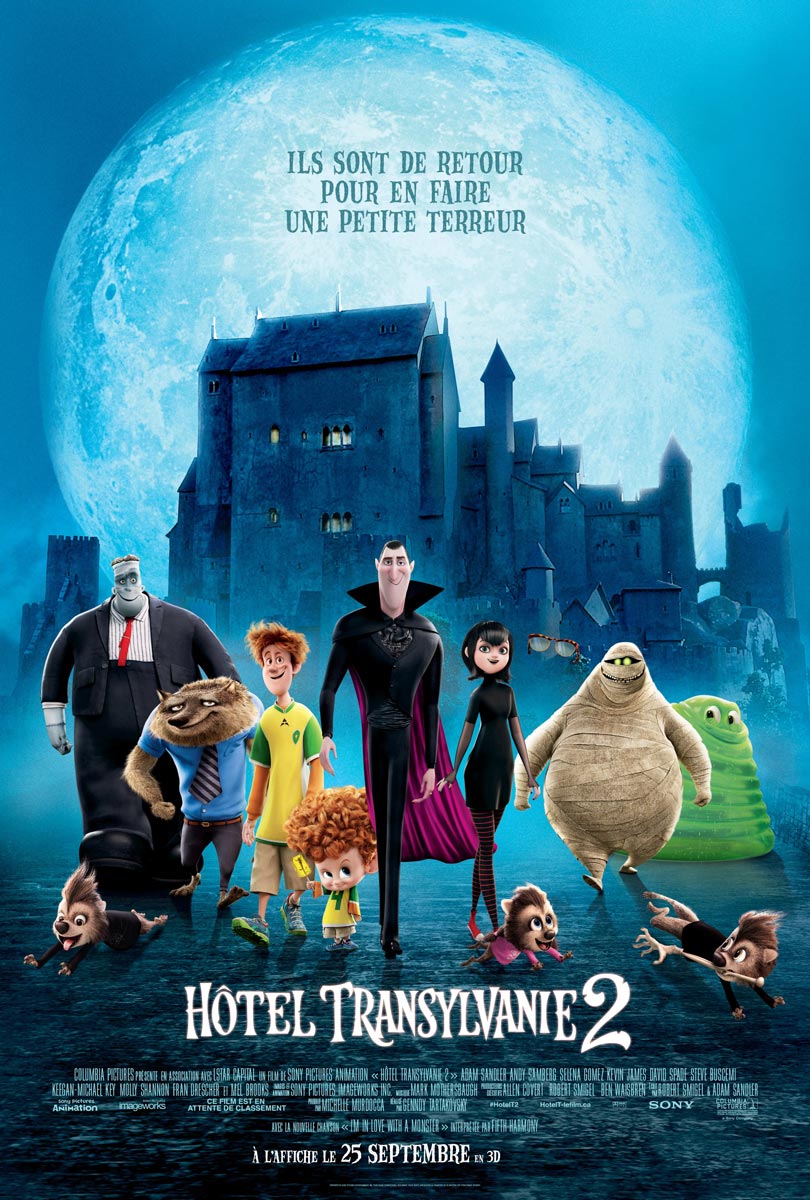 [/column]
[/column]
[/row]
TP: Another one of our roles of the VEC is to basically be the voice of the Vancouver business community within those three key sectors and my role with my marketing team is to try to get the story about Vancouver out that it’s not just a beautiful place to live and to visit, but you can actually do business and grow your career in Vancouver.
That’s been an interesting challenge because Vancouver is very well-known after the Olympics and all that, for just being a beautiful place. Tourism Vancouver (http://www.tourismvancouver.com) does a great job of promoting Vancouver for tourism. We are trying to slowly turn the dial to say it’s also a great place to do business.
Vancouver’s three T’s
AW: How did animation industry grow? Did it suddenly become the big business in Vancouver?
NM: No, it’s a 30-year-old business. It all happened at the same time: film production, animation production and video game development. Each of them had different kinds of growth spurts and right now animation is growing.
We have the talent base, which is really important. Without the talent, you have nothing. Luckily with the game industry we needed animation and technicians, and they moved into the animation industries and the visual effects industries. It just was a perfect combination. We have really strong tax credits which is also very enticing and then we’re very close to most of our clients which are in Hollywood. We’re in the same time zone as Hollywood. We call it the three T’s: tax credits, time zone and talent.
The combination of the three T’s seems to be working and we’re seeing more companies invest in animation. Disney’s investing even more, DreamWorks is investing even more on the television side, and we’re seeing Netflix starting to dabble in animation. That’s a huge growth area.
Strong growth in visual entertainment as a whole
AW: What kind of animation is Vancouver strong in? 3D CGI and VFX?
TP: We have 2D and we’re seeing a huge growth in Virtual Reality (VR). The full spectrum. We just held a career fair specifically for visual effects, animation and video games and next year we are going to have to add VR. In terms of VR, we are especially growing on the video games side.
NM: We actually had quite a few home-grown events and co-operatives this year. For example, we had an event called “consumer VR” with 4,000 people showing up and it was incredible. Everybody wants to try everything and every headset and you have to get the consumers comfortable with the hardware. We know that there are markets for it so we support them to try and decide which hardware they like the best. We also have an animation conference called “SPARK FX (http://sparkfx.ca)”, which always has the absolute top-notch speakers and showings. Our main conference for games is called “XDS (External Development Summit)”. We also have international events for people to come to Vancouver as well.
[row][column size='1/2']
[/column]
[/row]
TP: That has been growing more and more. We’re seeing demand for that. We get involved, sometimes sponsor one of these conferences and become active. Sometimes we’ll just put it on ourselves. We’re just seeing a lot of demand for getting more awareness of these sub-sectors of the visual entertainment as well. It’s exciting.
I should mention one more: PG Connects, London. They hold their PG Connects in Vancouver between 20th and 29th June 2016 hosted by Steel Media. We had a delegation in London for PG Connects in London, at the London Mobile Games week. It was hugely successful and so they decided to have the conference in Vancouver from the relationship that we developed.
Built-in incentives as a city
AW: You mentioned already about merits: tax credits, time zone and talent. Do you have any other merits or support that animation studios could have?
NM: Yes. We have incentives in the R&D section. If you’re doing research and development on your project or you’re creating a new type of pipeline, you can get rebates for that as well.
We prepare really good programmes such as a master’s programme for students. You can bring in a master’s student and the Government will pay up to $15,000 for a four-month contract for them. They can work on projects, get that real world experience and then companies, especially smaller companies and start-ups, can use it to start moving them forward into more established studios.
TP: If I can add to that, if you’re comparing us to other Canadian cities in terms of incentives, the truth of the matter is we do not have infrastructure incentives, like we’re not going to give you a free building or anything like that.
What we say we have is we’ve got built-in incentives and our built-in incentives are basically Vancouver itself. It’s a compact city. You can live downtown, walk to work, or bike to the gym afterwards. This is what we have in this map: the digital districts are all very concentrated where all the studios are. It’s not like LA where you need a car and you’re stuck in traffic. We’ve got that as what we call a built-in advantage.
Also, the lifestyle: there’s this big philosophy in Vancouver that you work hard but your extra-curricular activities are very important, like the work/life balance is very ingrained in the culture. People want to be outdoors, people are looking for green space, and people want to do good. Because of that, there’s this sort of feeling when you live in Vancouver that you are part of a greater eco-system and we feel that’s a competitive advantage because of our size.
NM: It is very conducive to the artist’s/technician’s lifestyle; live, work and play within the same area. We found that it’s not just all talk, it’s true. If you talk to the employees of some of the bigger studios that have established their offices in Vancouver, or their headquarters, they don’t have a hard time recruiting talent because they know what the lifestyle’s like.
AW: Would you have anything that you would like to add for the attractive points?
TP: Easy transportation system. Lots of bike lanes. You don’t need to have a car. It’s very similar to European apartment living for a lot of these artists. But they also can ski, snowboard, hike, mountain bike, and kayak. You can do all kinds of outdoor sports within five to ten minutes from where you are.
The built-up talent pool
NM: I just would like to re-emphasise the talent pool. We’ve got a lot of schools that offer some top-notch programmes and we feel that that’s also been improving over time. That’s another reason why we think companies as well as students are attracted to come over. They take some of these programmes and then they can stay in Vancouver because there’s so much work after completing these programmes. They don’t have to just finish one project and go somewhere else.
The post-secondary group got together with the government and they’ve established what’s called a post-graduate work permit programme. If you come to Vancouver and go to school for two years, you can stay and work in Canada for two years.
If someone comes and does a two-year animation programme, we don’t want them to just go back to where they came from. If they’re good, let’s bring them in. So that way we get to kind of cherry-pick the best talent and they’re able to stay in Vancouver and prove their worth and then get a permanent position.
[row][column size='1/2']
[/column]
[/row]
TP: We have really great immigration policies, with temporary foreign worker policies to get people in fast. The Government has just re-established the French speaking fast-track into English Canada.If you’re French speaking, you can come to the English Canada on a fast-track visa. There’s such a great depository of talent in France and Belgium and many other French speaking countries that we’re able to tap into that and then bring them into Canada.
For Quebec, I would say that it benefits them as well because they get the French speaking people. Our experience is that most Europeans speak more than one language and often times they speak French and English as one of the many. Even though it’s not as French speaking in Vancouver as it is in Montreal, for example, we still feel we’re able to use that programme to our advantage and attract people to come to the west coast of Canada where the climate is better, we forgot to mention that (laughs).
NM: The snow stays on the mountains where it’s supposed to be! (laughs)
TP: We have warm winters.
AW: For example, when one creator wants to have a base in Vancouver, do you give some support to the individuals?
NM: Our support comes with the connections. It’s not as if we can give them any financial support but what I do is make sure they are in and to do with the community. We invite them to events and make sure they’re meeting their peers, offer them spots on things like at the careers fairs. They can get their name and their word out. I’ll introduce them to banking, lawyers, even industry associations.
Even real estate people who can find the right space for them. It’s just about us connecting them to the right people. There’s always support. Anyone can come to us and say I need some help with this and we’ll make sure it happens.
TP: On my side of things, we do promotional support. Let’s say, for example, Animal Logic. It’s going to be a year now that they’re in Vancouver. They’re obviously from Australia. When they landed we made sure that we got to know the management people there and the recruiters. Then on my marketing side, we’ll offer social media promotion, do a story on our website and promote the jobs that they have. We’ll do that kind of connection as well as the business development stuff. It’s not like a set package per se, but somebody comes and needs some help, we’re happy to help get the word out in whatever way possible.
AW: How should people who want to move into Vancouver get in touch with you?
NM: You can look at the website (http://www.vancouvereconomic.com). You’ll see all of us on there.
TP: At some point like any other organisations, we were dealing with too many people asking about things that we don’t actually provide. Our website gives you a lot of information and then you can just go to the forms section and fill out what you are. Then, it gets funnelled through. A lot of things are still through face-to-face, day-to-day contact. Sometimes Nancy will just get a tip from another studio, “I’ve got these guys coming in”, and all of that kind of stuff still happens organically.
Sometimes I’ll have to say to Nancy, “this came through the website”, and she’ll be like, “I didn’t even know about this, perfect”; another time she’ll come to us and say, “these guys are coming, they need our help in their official announcement, can we get the Mayor to come to their opening?” and then we’ll go back to do that and work to get the Mayor out to congratulate them. That’s how we work at it: my team and her team.
AW: Is your service provided free of charge?
TP: We offer free services as we are non-profit. We’re funded by the city. We’ve got some other private funding here and there from the industry. The city sees it as economic development services. We just want to make our city more attractive and want people to stay in our city. The city would argue that it helps and strengthens their case.
AW: What is the future plan?
NM: We’re letting the industry decide. Right now a lot of it is coming through VR. There’s VR animation, VR movie making, and VR games, so that seems to be where the growth is. We are trying to partner with some companies and some educational institutions to try and build the talent pool. We’ll be working on a curriculum and things like that with them.
TP: Another thing that’s part of our future plan is we’ve established that there is one missing critical piece in our eco-system in Vancouver, and that’s the film commissioner.
Because of our role we want our film commissioner to be a little less of the traditional role of a film commissioner. We really want it to not just be on regular tent-pole movies or TV productions. It has to encompass visual effects, animation and video games. We have gotten some funding from the city to go out on a search to hire a film commissioner and define that role. We’re probably going to keep that title because it’s a known entity but our services are going to be much broader and we will be announcing our film commissioner probably at the end of July. That’s a new element.
NM: One of the focuses is going to be trying to get more IP that stays in the province and is distributed outside the province. Getting our domestic industry is a bit less service-orientated and more about ownership of IP.
TP: There’s a big demand for that and for help on that front. We think that the time is right. This isn’t the provincial government making and having the vision, it’s the VEC. We’ve been hearing that there is a gap and we convinced the Mayor. We need to do this and he’s given us the mandate to follow through. We’re very excited about that. We think that’ll help round off some of the gaps that are out there and we get to shape it. Obviously, animation is a big part of it, then it will be part of the top three things that that person needs to do.
AW: Do you have any messages for those who want to work in Vancouver?
NM: We started a jobs board for visual effects and animation that is just visual examination in Vancouver. If anybody wants to know where the jobs are, it’s “VFX Vancouver Job Board (http://vfxvancouver.com).” If anybody wants to know what kinds of jobs are open, there’s 800 jobs on the site right now.
We know that it if you take a look you can start reaching out to companies now for whatever country you’re in right now and try and start making those connections and know that when that, if that’s a contract and that contract ends, there’s going to be another one coming up somewhere else.
TP: I would agree, that one message is: “you can totally grow your career in Vancouver, it’s a great place to live and work. You’ve got to come to find out to see that we’re not making it up.” (laughs)
FAST FACTS of Vancouver
Source: the Vancouver Economic Commission (http://www.vancouvereconomic.com)
Why Vancouver, BC, Canada is THE Place for Animation Companies and Careers
1. Of the nearly 1,000 Digital Entertainment & Interactive (DE&I) companies in Vancouver, more than 60 studios make up the VFX and Animation subsector, representing both domestic and foreign-owned companies.
Examples of Vancouver Animation Studios:
| Animal Logic | Arcana Studios | Atomic Cartoons | Bardel Entertainment |
| Big Bad Boo Studios | Cinesite/Image Engine | Bron Studios | DHX Media/Nerd Corp |
| Flying Kraken | Global Mechanic | Kickstart Productions | Nitrogen Studios |
| EH-Okay Ent. | Rainmaker Entertainment | Sequence Group | Titmouse |
| Urban Safari Ent. | Sony Pictures Imageworks |
2. Vancouver’s studios have worked on some high-profile animation projects in the recent past, including but not limited to: The Angry Birds Movie, Hotel Transylvania, The Prophet, Teenage Mutant Ninja Turtles, Slugterra, Sausage Party, Veggie Tales, Smurfs franchise, Ratchet and Clank, Escape from Planet Earth, Transformers: Rescue Bots, Counterfeit Cat.
3. At present, the VFX Vancouver Job Board has more than 800 listings, with more positions created every week. The rapid growth of DE&I and Animation groups are influenced by the following factors:
- An impressive and ever-increasing concentration of companies and talent, matched by first-rate infrastructure.
- Collaborative and close-knit industry environment, naturally fostered by the city’s compact design.
- Proximity to major industry hubs in the US, including Los Angeles, Silicon Valley and Seattle.
- Business-friendly climate with generous tax incentives, including the British Columbia Production Services Tax Credits and British Columbia Interactive Digital Media Tax Credit.
- Enormous pull of home-grown festivals from the DE&I sector, such as SPARK FX and External Development Summit (XDS) in addition to the world-renowned Vancouver International Film Festival (VIFF).
- Outstanding cultural work-life balance and quality of life – Vancouver is consistently ranked as one of the top three cities in the world to live.
4. Those aspiring to join the Animation sector can pursue top-notch training in Vancouver. Vancouver is home to a variety of programs for artists, software engineers and other technical-related professionals, including:
- The Master of Digital Media program
- University of British Columbia
- Simon Fraser University, Emily Carr University of Art + Design
- British Columbia Institute of Technology (BCIT) partner together to offer the Master of Digital Media program through the Centre for Digital Media (CDM)
- Foundation Visual Art & Design, 3D Animation & Visual Effects and Classical Animation.
- Vancouver Film School (VFS)
- Digital Visual Effects Diploma, 2D Animation & Visual Development Diploma, and 3D Animation for Film and Games Diploma
- Capilano University
- 2D/3D Character Animation, Game Art & Design and Visual Effects for Film & TV
- Vancouver Institute of Media Arts (VanARTS)
- 3D Modeling for Animation & Games Diploma and Animation Art & Design Diploma
- Art Institute of Vancouver
The Animation Career Review ranked Vancouver in the top 3 cities in the world for an animation career.
More details about Vancouver’s impressive VFX and Animation industry can be found here: http://www.vancouvereconomic.com/vfx-animation/



